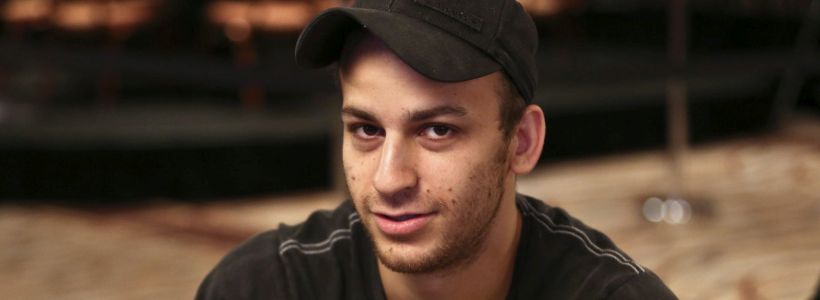
Above - Sorel Mizzi was caught cheating when he was involved in an account selling scandal
Horror stories are abound when it comes to online poker cheating. If you don’t believe me, have a look at this Halloween special I wrote last year. Of course, it’s easy to get paranoid about all the tricks and scams which appear from time-to-time, but just because you’re paranoid doesn’t mean they’re not out to get you!
As Pokerfraudalert.com explain it:
“Prior to the ‘boom’ of 2003, the poker community was small and close-knit. Cheating was localized to a few people engaging in collusion or other small-time scams. Times have changed. Poker has become big business, and the massive amount of money involved has attracted many bottom-feeders of our society.”
Add in the massive changes in technology in the last 10 or 20 years, and cheating has never been easier in the online world, but before you all get too worried and make a run on the poker site banks, let’s take a closer look at what you need to watch out for when it comes to online cheating, and how to deal with matters if you suspect or discover such things….
Below - Mizzi is still one of the most notorious online poker cheaters
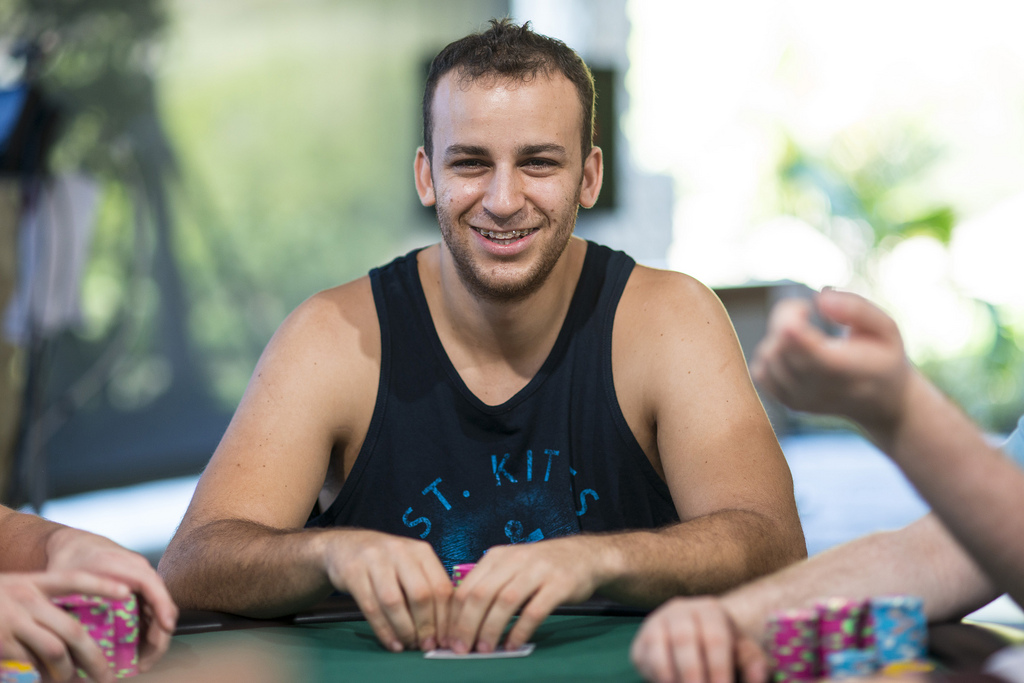
God-mode/superuser/inside job
It is almost 10 years now since the Absolute Poker and Ultimate Bet scandals reverberated around the poker world and beyond. For those who don’t know or can’t recall these horrendous events, have a look here.
The cliff notes run like this: people high-up in the management of the sites installed back-doors to the site software. They used this to view everyone else’s cards at the tables they played on. They used this to take players for millions. Result? Massive scandal.
However, as the scandals above showed, there are enough clever people in the poker world who are paying attention to things to ensure that any and every big scam will eventually be found out, those responsible tracked down and –hopefully – reparations made to those affected.
Of course, in poker as in the wider world, those responsible for such terrible actions against their own people will rarely face the full force of the law – and the monies handed back will also rarely reflect the true damage done to players and the game of poker itself.
You might be seen as a crank, or you could be entirely wrong anyway, but at least your views will get an airing and if there is anything really suspicious going on, someone in the know amongst the ‘poker detectives’ will pick up the ball and run with it.
The likelihood of this type of thing ever happening again is very, very slim – thankfully – but once bitten, twice shy isn’t an unreasonable stance to take in the world of online poker.
Below - Russ Hamilton was largely responsible for cheating players on Ultimate Bet
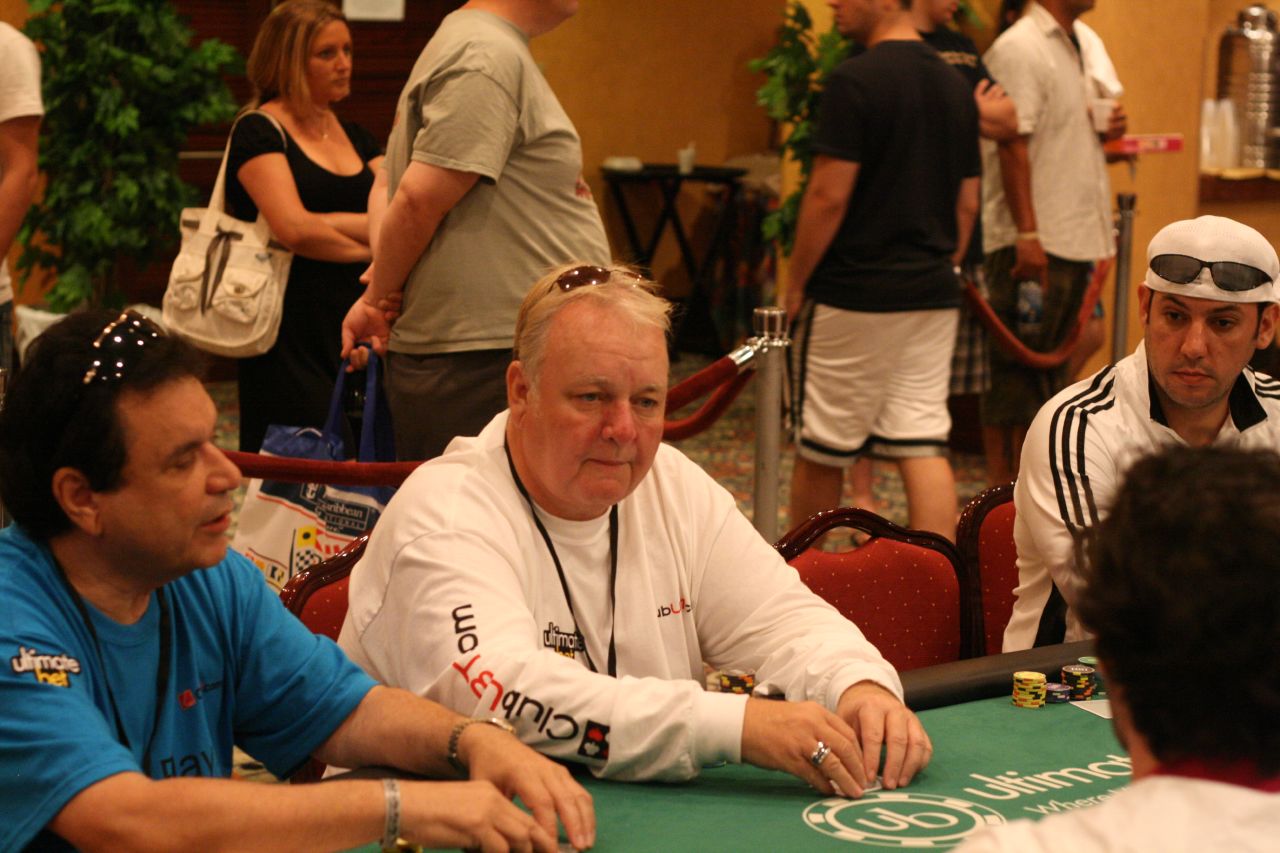
Collusion
“In very basic terms, poker collusion is when two or more people sitting at a poker table are working together to win more money from other players,” is how Professional-Poker.com describe collusion, and that’s as good a definition as any I could give.
As I wrote in my Halloween scare stories:
“Collusion is probably the biggest ‘threat’ you will face in poker, or at least the most common form of cheating you’ll encounter. Almost every poker player has come across some form of collusion in their career, and although varying in degree it always leaves a sour taste in the mouth and usually a hole in the pocket to go with it.”
An example might be secretly signaling to their ‘partner in crime’ what cards they hold; or sometimes ‘teaming up’ with raises and re-raises to push everyone else out of a hand.
Naturally, online collusion is much harder for most players to detect than if it happened in a bricks-and-mortar casino. In the virtual environment you don’t know who knows who, who is talking to whom and what they are discussing.
I had my own ‘moment’ with collusion last year, which will give you a very detailed idea of what to watch out for, and how it will likely be handled.
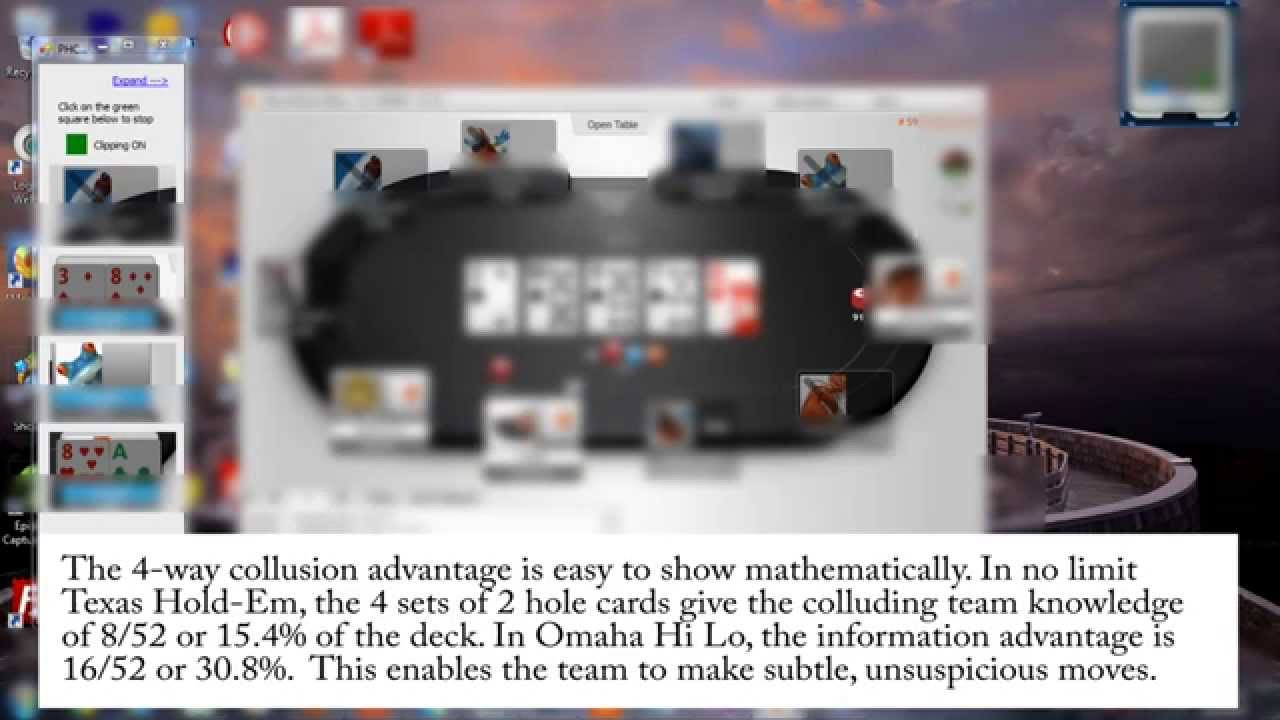
In-depth collusion investigation
I was regularly playing $0.25/0/50 games on PokerStars and, almost every evening for a week or two, I would find two Russian guys multi-tabling 5 or 6 at a time, and always seated next to each other.
They never seemed to contest hands together, unless there was a third player involved, in which case they would generally raise, re-raise – possibly a classic case of two players trying to force another player out of a pot. Both seemed to be winning at a decent rate every session, maybe about 2 or 3 bb/100.
Anyway, I was a bit suspicious of this, so reported my concerns to the support team. They got back to me quickly, as they likely will if you have to do this…
“It has been escalated to the Game Integrity Team for a complete review of the reported players. This will include checking on relationships, location and play,” read the initial reply. “Depending on our findings, the players may be contacted and asked to explain relationships and/or play.”
And I was perfectly happy with this, because I only had some suspicions – based on a small-ish sample - not concrete evidence. All over the internet you will find outrageous claims of cheating, where almost every hand a player loses is because of some dodgy goings-on by others. This simply is not the case in online poker, but it doesn’t mean it never happens.
So, get it investigated, and although poker sites don’t really want public outcry about such things, they generally will deal with it.
In my case, the investigation seemed quite convincing:
“PokerStars continually monitors the games for collusion, and we sincerely appreciate you bringing your concerns to our attention. Following your report, we have completed an investigation into the accounts of players xxxxxxxx and xxxxxxxxxx.”
“While the most crucial aspect of a collusion investigation is reviewing the hand evidence, it is important to contextualize the hands in question before starting the game play analysis”, came the response within a day. Good, no long delays or repeated sending of e-mails, all the while wondering if I should even play.
“One of the key tasks in that regard is finding out whether or not the suspect players have a relationship. Location can be a contributing factor in trying to determine the nature of a relationship between players.”
“While these players both live in Russia, they are over 500 kilometres apart.” Ok, this in itself means nothing nowadays: one of my young chess students lives 100km from me, but I’m pretty sure I could remotely help him to defeat his dad in a game if we decided to!
So the added response of the Game Integrity team was welcomed:
“Location alone, however, is not sufficient in proving a relationship or as to whether cooperative play is occurring at the tables. Aside from location, we use a variety of tools and methods to assist us in determining whether or not players are cooperating at our tables.”
“The players in this case have played a very small number of hands together relative to their overall amount of play on the site. This indicates that they are not seeking one another out.” Ok, fair enough. I wasn’t playing millions of hands at the same stakes or tables myself, instead moving around looking for softer games.
“That said,” continued the report which I was e-mailed, “elements like location and play frequency are naturally not used to determine guilt or innocence by themselves. They are only used to provide us with a broader context as we take on the most essential part of any collusion investigation; a thorough review of the play itself.”
Below - 2011 WSOP champ Darren Woods was trialed for collusion and fraud
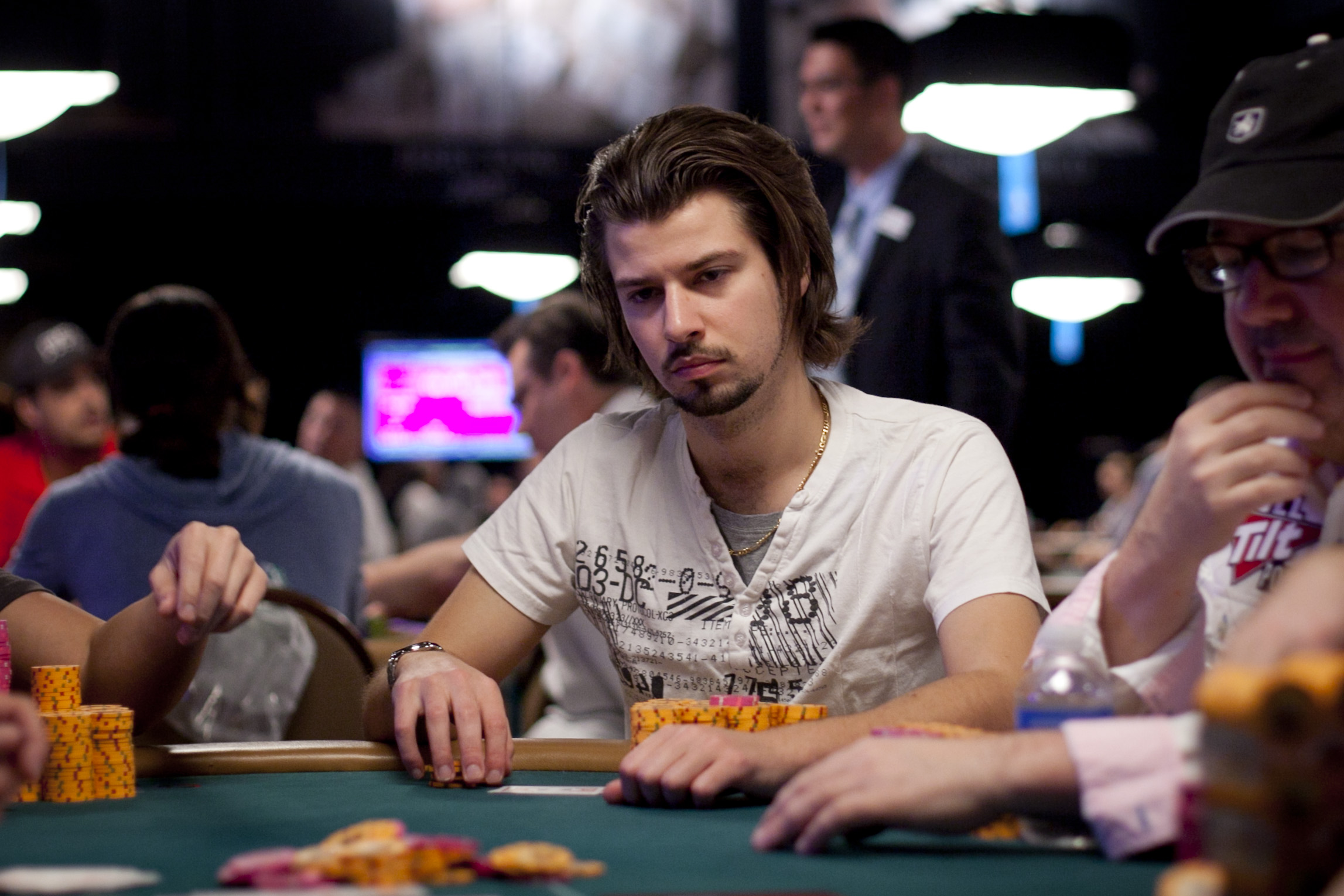
“When reviewing ring game play for possible collusion, we check for the following:
- Best hand playing - where cooperating players play only the better of their two hands;
- Pot-building - where cooperating players raise strategically to force a third player to pay the maximum when one of the partners holds a strong hand;
- Squeeze playing - where the cooperating players raise constantly to drive others out of the pot when both hold weak hands.”
All of these were my concerns, albeit based on a small sample size – again, though, if you’re not comfortable with what you’re witnessing, get it checked out.
“We found no evidence of any of this suspicious play.” Hmmm, OK, so maybe I was imagining things. Always possible, I am a writer after all!
“We appreciate that some hands could appear suspicious to an observer and it could even be believed that one of the above collusive actions were used. However, we must keep in mind that it is the very nature of poker that hands will occur where the player with the weaker hand bets, and are in turn often raised by someone holding what they believe to be a stronger hand. That being said, we can confirm that these players were not working together and that their hole cards and strategies warranted their actions.”
Ok, I’m as convinced as I can be, without being party to the Game Integrity Team’s methods and information. That’s what they are there for, and unless we get totally paranoid – or have compelling evidence to the contrary – then it is what it is.
The report finished, “Given the lack of any relationship between their accounts, the relatively rare play together, and the lack of suspiciously played hands, there is no evidence to suggest these players are cooperating at our tables.”
Good. Great, in fact! I had suspicions, loosely based on relatively few hands over a relatively short time. I relayed my concerns, they were investigated and I was pacified. Others, of course, might not be so convinced – but we can only worry about such things based on how we personally feel.
I hadn’t lost great amounts of money, I did what I felt was necessary and good for the integrity of the games I was playing, and it was settled. A note was placed next to the players’ names (just in case in future someone else found their play worthy of a closer look) and I moved on. I simply avoided these guys from then on, for my own piece of mind.
Reporting suspected collusion is the first step, but avoid at all costs the following approach: Iraj Parvizi launched a lawsuit accusing two high-profile pros of colluding over a number of years in cash games. Whether true or not, the biggest body-blow to Parvizi was the following statement: “an anonymous high roller in the game has claimed Parvizi is a "terrible" player and "no one would need to cheat" to beat him!
Below - Dubai-based businessman Iraj Parvizi sued London's Les Ambassadeurs casino
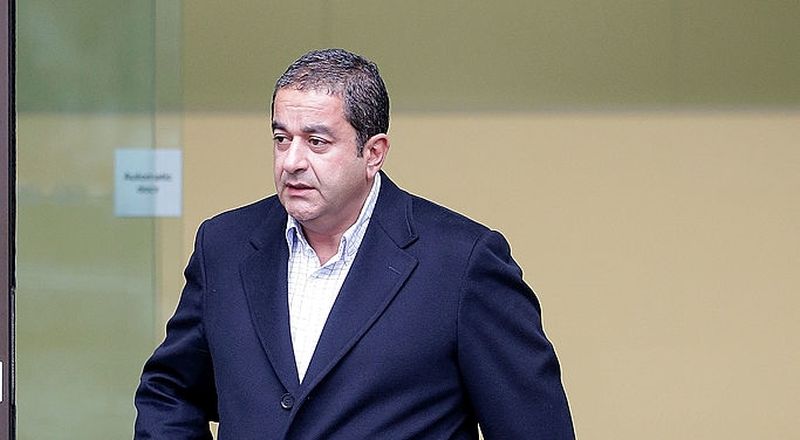
Multi-accounting
Such a player has an unfair advantage because he can see four (or more) and not only two hole cards, while in tournaments such as SnG’s he additionally has two or more lives. This is quite a frequent occurrence online, with many cases being discovered, reported and dealt with. Whilst it's definitely more of a grey area when it comes to the online poker cheating World, it's still most definitely giving an unfair advantage.
Doubtless there will be many others slipping through the net, although it makes little sense for poker sites to ignore any such complaints; apart from game integrity, there are first deposit bonuses – often quite considerable – which they don’t want to be paying out to the same person multiple times!
A recent case was that of the British pro Darren Woods, who was jailed for his sophisticated multi-accounting scam last year, after he “played as several different gamblers at the same time and also racked up lucrative commission payments.”
“Woods opened multiple accounts, using the identities of real people to gain commissions at online poker sites that he otherwise would have no claim to,” claimed the prosecutor, and the WSOP bracelet winner who got greedy had to pay back £1million to avoid an extra six years on his sentence!
Although not illegal everywhere, it is certainly against the sites’ T&C’s and will land you in hot water. Woods would appear on high stakes cash games with another anonymous player – who would have a different name each time - getting big action from the ‘fishy’ mystery-player. This would attract other high-stakes players, who then became victims of Woods and his “colluding cohort”.
Well, eventually he was found out – and every time someone is caught cheating the poker operators tighten their security (at least in theory).
Last year also saw an even more profile high-stakes version of this online cheating, when Brian Hastings was accused of “multi-accounting, and using a VPN, so he can play online poker on PokerStars, whilst in the US, and without the knowledge of the players he is competing against.” The Calvinayre.com story details the events surrounding this apparent scandal, and the main thing to come from it seems to be the lack of condemnation from other high-stakes players.
Bellow - Brian Hastings was accused of fellow players of playing online on another player's account
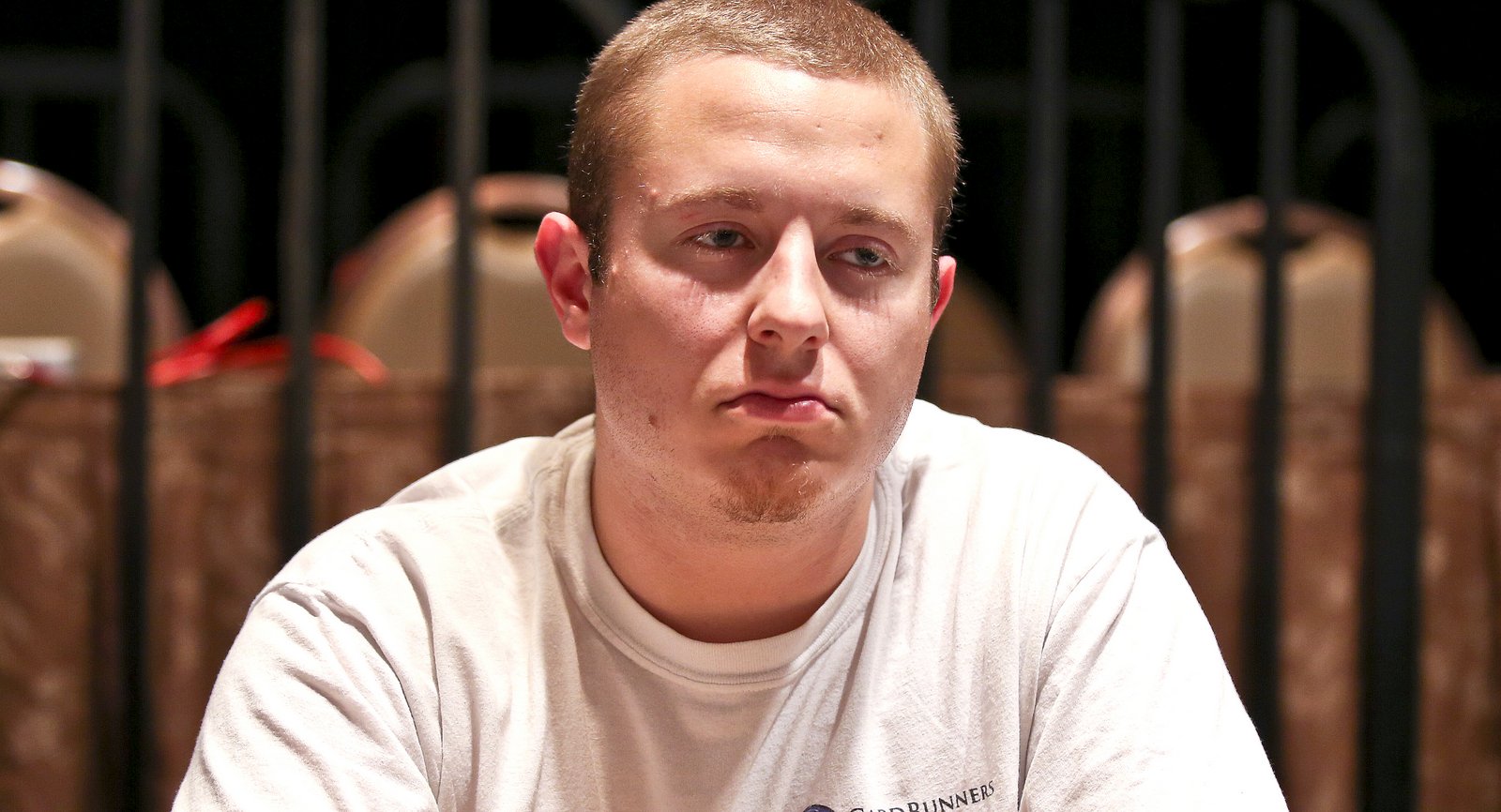
Poker bots
Despite the recent Swedish court ruling that using bots to fleece genuine poker players is not an illegal activity, most sensible people will beg to disagree.
Last year’s PLO bot ring on PokerStars took unsuspecting players for a total estimated at $1.5 million, and the problem is exacerbated by the reluctance of sites such as PokerStars to provide decent compensation – or even clear responses – to those affected by such cheating scandals.
Poker Innovations CEO, Chris J. Thompson, recently summed it up thus:
"The recent discovery of large scale bot rings on most major poker sites has caused much public comment with very little meaningful industry response. Historically, some online poker companies regarded bots as revenue earning customers rather than a threat to their future."
What Thompson means here is that even if suspicions are raised, unless they are massive problems then the companies have traditionally been unwilling to root out what is, in effect, a cash cow.
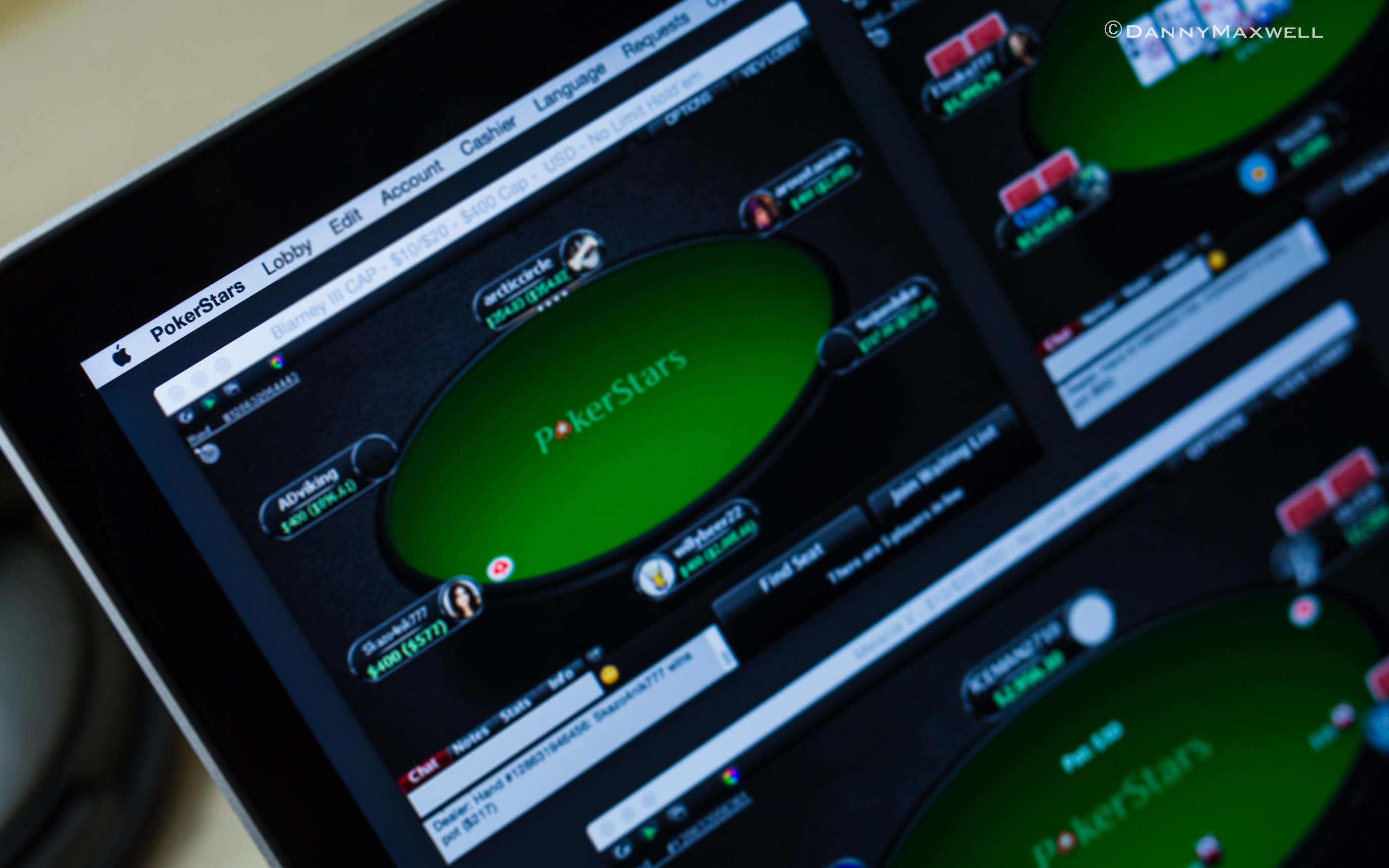
Excessive playing time
Although some humans will go on 48-hour online poker benders, it’s much more likely that any player who hasn’t logged out of tables for more than a day maximum is anything other than a bot.
Clever bot users or controllers will vary their machines log in/log outs, etc. but some just run them 24/7 across many games and tables.
Consistency of play
If you are a good, or observant, player you will notice certain things, such as a particular player always making the same play in the same spot. Not necessarily a definite bot, of course, but one of the signs that things might not be what they seem. Particularly if they are playing at a very regular rhythm. This factor is what has caught many ‘chessplayer - computer combination cheats’ over the years; humans generally act at different speeds in different situations – bots are generally programmed to play consistently, time included.
A player winning consistently across different games and different tables can be a sign to look out for, but in reality all these little things would have to come together to be suspicious. Not replying to chat might mean something, it might not. So, in general, we are back again to the same solution – if you are truly suspicious of a player, report them and let the sites investigate firstly.

So, these are the main cheating problems you will face in your online games. They are not as prevalent as some imagine, but they are certainly more common than poker sites would care to admit to. Don’t be paranoid, but do pay attention and raise any concerns you may have. Keeping the game as clean as possible is in your own best interests!
If you think you've spotted any online poker cheating at the tables recently, then let us know!
 More Top Rated Content
More Top Rated Content
Articles
- How to Make a Poker Schedule - Tools You Can Use
- Motivational YouTube Videos - Friend or Foe?
- How to Get in the Zone and Play Your Best Poker
Coaching Videos

